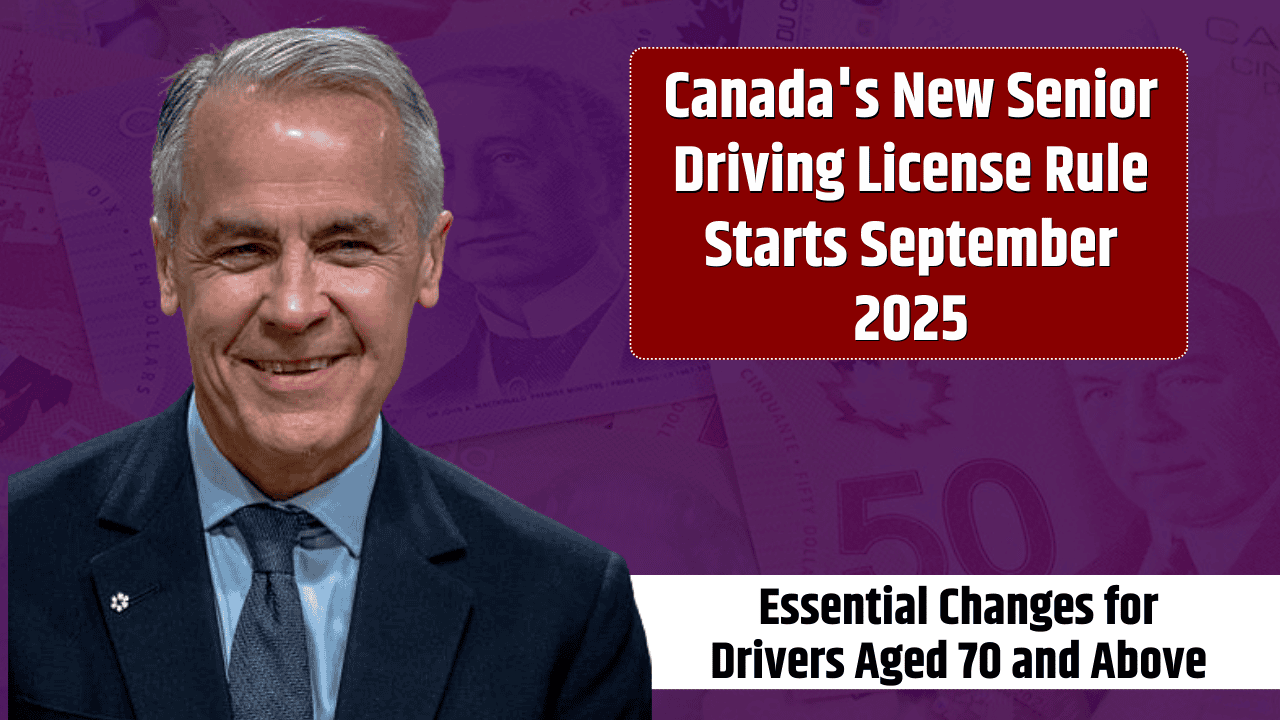If you’ve been scrolling through headlines lately, you might’ve seen a flurry of posts screaming about a “federal law” kicking seniors off the road come September 2025. Cue panic, Facebook debates, and the occasional “back in my day” comment thread. But take a breath—because the reality is a bit less dramatic and a lot more complicated. The law focuses on regular check-ins for older drivers, not blanket bans. Think of it as fine-tuning the engine.
Here’s the first thing to clear up: Ottawa isn’t the one pulling the strings. In Canada, driver licensing has always been a provincial and territorial responsibility, not federal. That means Ontario decides its own system, B.C. does its own thing, and so on. What’s happening now is a coordinated effort—provinces and territories are working toward a shared framework for drivers over 70.
So no, you won’t see a single law landing on September 1, 2025, that magically strips every grandparent of their car keys. Instead, you’ll see gradual rollouts starting in fall 2025, with each province phasing in updates at its own pace.
What’s Actually Changing for Seniors
The updated rules aren’t about banning seniors from driving. They’re about making sure everyone on the road is safe—whether you’re 19 or 79. For drivers 70+, that means more consistent check-ins, medical reports, and (in some cases) road tests.
Think of it less like punishment and more like an annual physical for your license. A doctor might flag slowed reflexes, weaker night vision, or early cognitive decline—things that could turn into risks behind the wheel if ignored. Importantly, if you’re healthy and pass the assessments, you keep your license. A 72-year-old with sharp reflexes and clear eyesight can keep driving just as before.
Why Now? The Demographic Reality
Demographics, plain and simple. According to Statistics Canada, the country now has more licensed drivers over 70 than ever before. And while the majority are safe drivers, the likelihood of crash involvement does rise with age-related changes like slower reaction times or reduced mobility.
Provinces want a system that respects independence while catching problems early. The goal isn’t to ground seniors, but to avoid preventable tragedies.
The Cost Question
Here’s where things get tricky. Medical and vision exams cost money—and whether you pay depends on where you live.
The Canadian Medical Association has argued that these assessments should be consistently funded across the country, especially since many older adults live on fixed incomes. So far, though, coverage remains patchwork.
| Province/Territory | Who Pays for Medical/Vision Exam? | Extra Testing (if required) |
|---|---|---|
| Ontario | Driver pays unless covered by OHIP | Possible road test |
| British Columbia | MSP covers some medical exams | Road test only if flagged |
| Alberta | Mostly out-of-pocket | Additional testing if needed |
| Quebec | Public coverage for medical report | Vision test required |
| Atlantic provinces | Mixed—varies by province | Case-by-case |
Is It Age Discrimination?
Some critics argue these rules could cross into age discrimination. But under the Canadian Human Rights Act, age-based restrictions are allowed if there’s a legitimate safety reason. Provinces argue that’s exactly what this is: ability-based checks, not automatic bans.
Still, don’t be surprised if future legal challenges test the line between safety and discrimination.
Beyond Driving: Keeping Independence
For many, the scariest part of losing driving privileges isn’t giving up the car—it’s losing independence. Provinces know this. That’s why they’re pairing the new rules with mobility supports: discounted transit passes, subsidized ride programs, volunteer drivers for appointments, and even community shuttle services in smaller towns.
The idea is simple: if you can’t drive, you shouldn’t feel stranded.
Preparing for the Changes
If you’re approaching 70, a little prep goes a long way. Keeping up with regular eye exams, staying active to maintain reflexes, and discussing medications with your doctor can all help. Being proactive may not only reduce stress when renewal time comes but actually extend your safe driving years.
FAQs
Will all seniors over 70 need to take a road test?
No. Only those flagged through medical or vision assessments may face a road test.
Are the rules the same across Canada?
Mostly, but each province will adapt the shared framework in its own way and on its own timeline.
Do seniors have to pay for medical exams?
Depends on your province. Some cover the costs; others don’t.
Could these rules face legal challenges?
Possibly. Some lawyers think age-related restrictions may face human rights challenges, though none have succeeded so far.
What supports exist if I lose my license?
Options include expanded senior transit passes, subsidized rides, and community driver programs being rolled out alongside the new rules.













